
Question:
Assalamu alaikum Wa Rahmatullah Wa Barakatuhu
My dear Brother, may Allah protect you,
This subject of women becoming judges is discussed by many members, i.e. to be appointed in the post of a judge. This matter must be reviewed, from the actions of the Prophet صلى الله عليه وسلم and the companions after him and the adherence of the Ummah to these actions throughout its long history, we see that this matter was not known. Since the establishment of the first Islamic state until the demise of the Othmani Khilafah, never was a woman appointed as a judge. What should be taken into consideration when extracting the rule on women becoming judges are the reality of the judiciary, and its precedence, and the reality of the public life and women’s presence in it; if she is not permitted to leave her house without her husband’s permission, and is not allowed to be in seclusion with the disputing parties, then the priority is that she does not become the judge between them…
From Hani Uqda

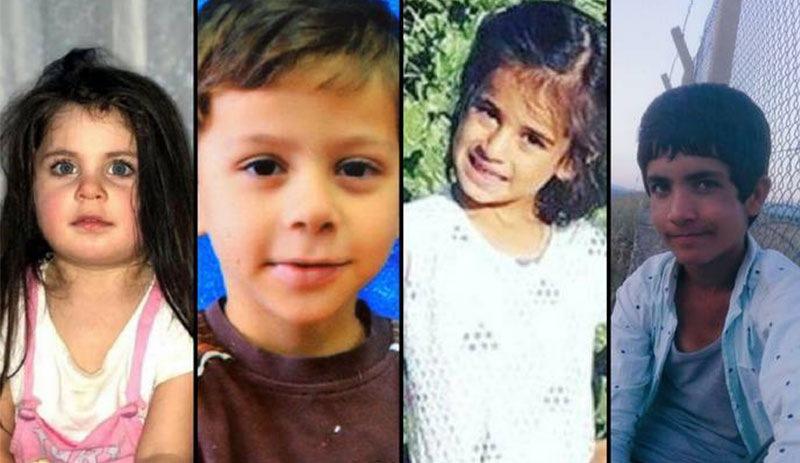



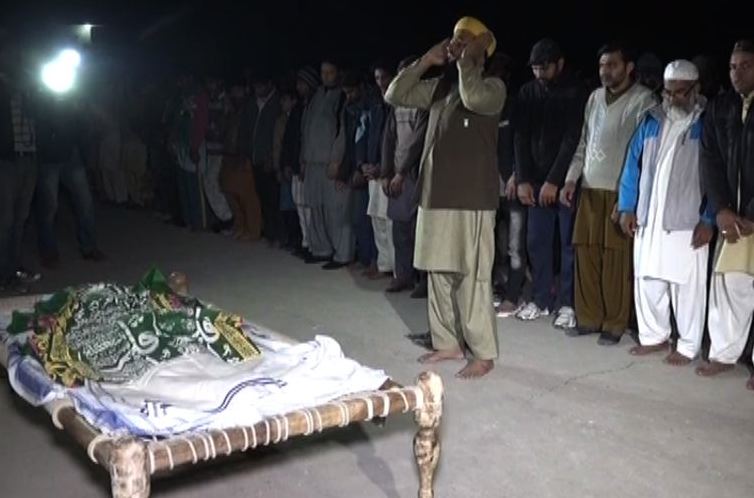
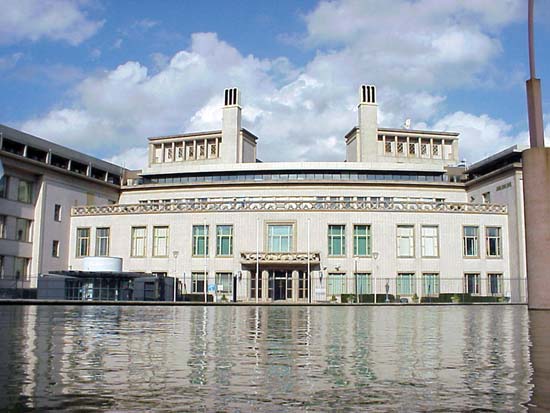



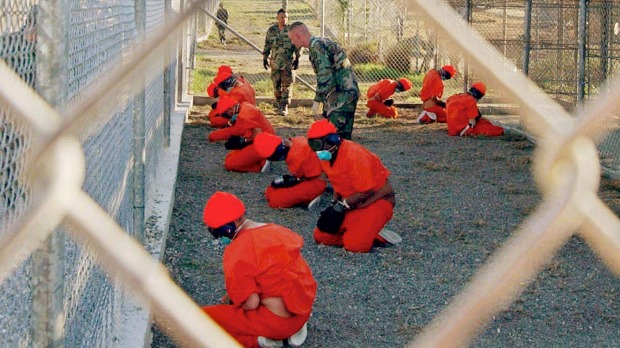







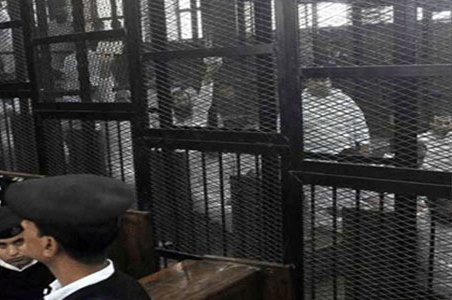

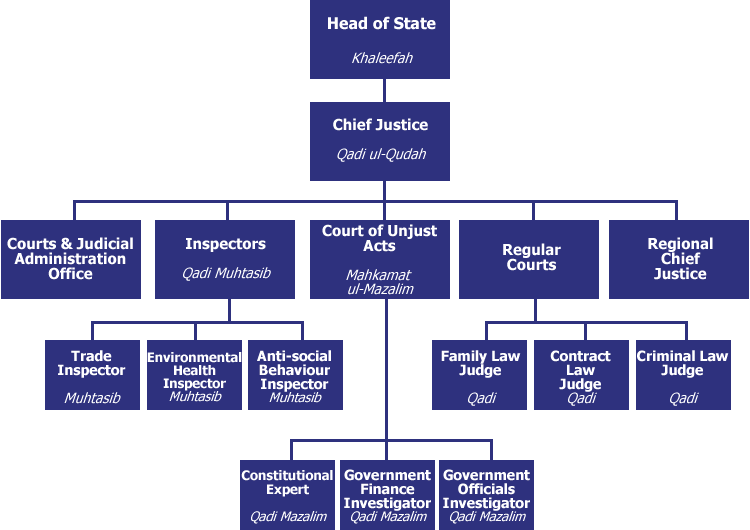
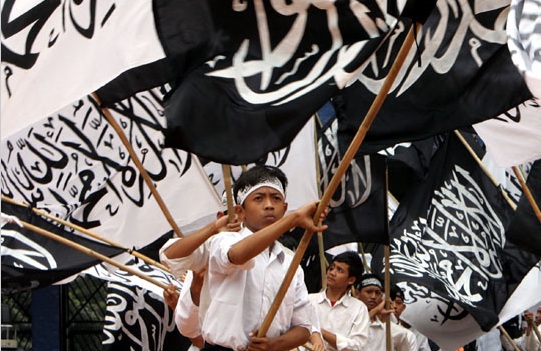
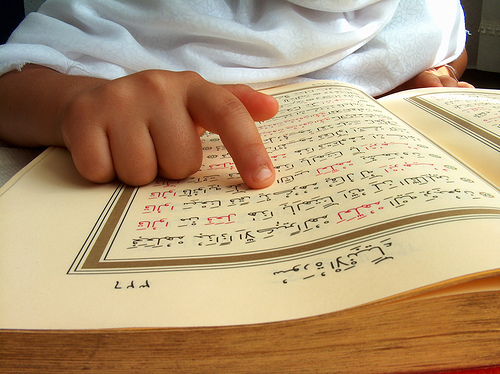
 The contracts and transactions that were concluded, together with the courts’ verdicts that were confirmed and executed before the establishment of the Khilafah are considered valid between their parties till the end of their execution before the Khilafah. Judiciary in the Khilafah would not repeal them and nor start them again. No new lawsuits would be accepted regarding them after the establishment of the Khilafah.
The contracts and transactions that were concluded, together with the courts’ verdicts that were confirmed and executed before the establishment of the Khilafah are considered valid between their parties till the end of their execution before the Khilafah. Judiciary in the Khilafah would not repeal them and nor start them again. No new lawsuits would be accepted regarding them after the establishment of the Khilafah. Definition
Definition